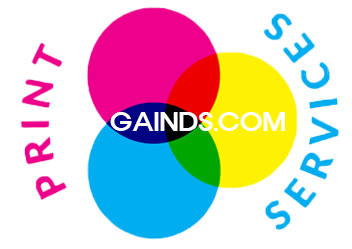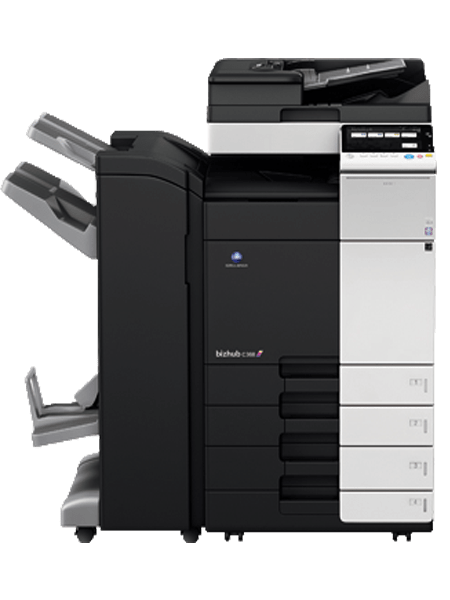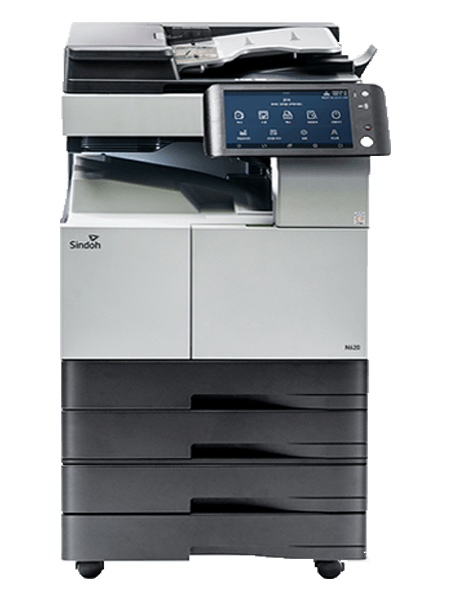Content
- Broker vs. Market Maker: What’s the Difference?
- What are Market Makers and Should You Use One?
- How the NYSE Market Model Works
- The Definition of Market Makers
- A guide to how the European Union makes financial laws
- The importance of market makers
- Market Maker Definition: What It Means and How They Make Money
Without https://www.xcritical.com/ market makers, investors and brokers of all shapes and sizes would have a more difficult time purchasing or selling financial instruments. In the absence of market makers, investors would need to find someone with the opposite opinion as them to trade against. This may not always be possible, meaning that investors either cannot trade or must incur more risks and expenses to do so.
Broker vs. Market Maker: What’s the Difference?
To avoid volatility risk, market makers often hedge their positions with correlated instruments (such as options or futures). So if a market maker buys at a bid of, say, $10 and sells at the asking price of $10.01, the market maker pockets a one-cent profit. Market makers make it easier for investors to buy or sell a security quickly, or in large volumes. This intense competition requires continuous innovation, powerful predictive analytics and robust systems—which drive better outcomes for investors. This list of market makers includes Nomura Securities, types of forex brokers Flow Traders, and Optiver. Float rotation describes the number of times that a stock’s floating shares turn over in a single trading day.
What are Market Makers and Should You Use One?
We offer our clients access to a wide range of markets including OTC, fixed income, foreign exchange as well as virtually every publicly traded commodity. With advancements in technology and the internet, online brokerage firms have experienced an explosion of growth. These discount brokers allow investors to trade at a lower cost, but there’s a catch; investors don’t receive the personalized investment advice that’s offered by full-service brokers. PFOF is essentially a “rebate” from market makers to brokerage firms for routing retail buy or sell orders to them. Despite their market-neutral position, market makers still face directional risk, especially when prices are volatile.
How the NYSE Market Model Works
Additionally, other DEXs like Uniswap use a solution called automated market makers (AMMs) to connect makers and takers. By submitting a limit order on a centralized cryptocurrency exchange like Binance or a peer-to-peer decentralized exchanges (DEX) like Komodo Wallet, you actively participate as a market maker. This article does not constitute investment advice, nor is it an offer or invitation to purchase any digital assets.
The Definition of Market Makers
If the rule of price continuity is not observed, market makers tend to make losses. Market maker services are often provided by large financial institutions due to required volumes, however, in some instances, also by individual traders. The main function of the market maker is to reduce volatility and facilitate price discovery in the stock market by providing a limited trading range on the security they make a market in.
A guide to how the European Union makes financial laws
ACA Foreside has deep relationships with many of the largest market-making firms participating in the ETF community. We can advise clients on which market makers may be a good fit for certain products and strategies. Further, we will provide introductions to these firms to help clients find a market maker willing to lead their product. Having strong market-making relationships will help maintain orderly ongoing ETF operations, liquid secondary markets, and tight bid-ask spreads.
The importance of market makers
But the important thing stock investors want to know is how market makers are regulated when it comes to quoting the bid-ask spread. Suppose you want some cash, so you decide to sell a few hundred shares of a tech stock you’ve been sitting on. Without market makers, you’d need to wait (and hope) for someone else to place a buy order, at your selling price, in your exact quantity, ASAP, so you can get the money in your bank account.
Market Makers vs. Designated Market Makers
- Market makers are usually banks or brokerage companies that provide trading services.
- Market makers are required by SEC regulations to quote the NBBO or better.
- Market makers are typically large investment firms or financial institutions that create liquidity in the market.
- The foreign exchange market maker both buys foreign currency from clients and then sells it to other clients.
- Brokers must register with the Financial Industry Regulatory Authority (FINRA) while investment advisers register through the U.S.
Some examples of the bigger market makers in the industry include BNP Paribas, Deutsche Bank, Morgan Stanley, and UBS. Founded in 1993, The Motley Fool is a financial services company dedicated to making the world smarter, happier, and richer. Plus, the volume of shares on both sides of the market tends to be high. Have you ever seen a stock exhibiting normal trading behavior and then all of a sudden the stock price drastically drops out of nowhere? This type of price action could be related to the announcement of a shelf offering or the execution of an “at-the-market” sale from…
For example, if a market maker quotes a bid price of $100 and an ask price of $102 for a stock, the bid-ask spread is $2. The spread compensates the market maker for the risk of holding the security and the service of providing liquidity. When a buyer wants to purchase shares, they do so at the ask price set by the market maker. Conversely, when a seller wants to sell shares, they do so at the bid price set by the market maker. The difference between these two prices, known as the spread, represents the market maker’s profit margin. The Canadian Securities Exchange is a rapidly growing exchange invested in working with entrepreneurs, innovators and disruptors to access public capital markets in Canada.
Market makers usually carry an inventory of any securities they make a market in. Additionally, they’re constantly offering quotes on prices they’re willing to pay to buy more shares (a bid price) and the price they’re willing to sell their shares for (an ask price). The difference between the buy and sell quotes is called the bid-ask spread. Market makers provide liquidity, which ensures investors can trade quickly and at a fair price in all conditions. Routing properly to improve executions is the best way to avoid potential market maker induced shakeouts and impulse trades. Using a direct market access (DMA) broker to control your order routing ensures that market makers won’t take the other side of your trades.
Market makers make listed companies more attractive for investors, especially those seeking large-size investments. In times of volatility, market makers provide liquidity and depth when other participants may not—ensuring markets stay resilient. Market maker refers to a firm or an individual that engages in two-sided markets of a given security. It means that it provides bids and asks in tandem with the market size of each security.
A “maker” assumes the responsibility of initiating either a purchase or a sale order, whereas a “taker” promptly acts as the entity executing that very order. Market makers operate by setting a spread between the buy and sell prices of an asset. DMMs apply their market experience and judgment of dynamic trading conditions, macroeconomic news and industry-specific intelligence, to inform their decisions. A valuable resource for our listed-company community, DMMs offer insights, while making capital commitments, maintaining market integrity, and supporting price discovery.
Market makers facilitate a smooth flow of market activity by making it easier for investors and traders to buy and sell. Without market makers, there could be insufficient transactions and fewer opportunities to invest efficiently. This way, traders are able to liquidate their positions smoothly and at short notice. Let’s say you want to sell an asset with a traditionally low liquidity on a crypto exchange – you will be able to do so thanks to the market maker.
Finally, don’t forget that “makers” and “takers” are fees that are applied while a “market maker” is a type of entity that promotes liquidity in a market. StoneX Financial Inc. (“SFI”) is a member of FINRA/NFA/SIPC and registered with the MSRB. Securities and Exchange Commission (“SEC”) as a Broker-Dealer and with the CFTC as a Futures Commission Merchant and Commodity Trading Advisor. References to securities trading and prime services are made on behalf of the BD Division of SFI. References to exchange-traded futures and options are made on behalf of the FCM Division of SFI.
Many brokers provide trading platforms, trade execution services, and customized speculative and hedging solutions with the use of options contracts. Options contracts are derivatives meaning they derive their value from an underlying asset. Options give investors the right, but not the obligation to buy or sell securities at a preset price where the contract expires in the future. Some help to facilitate sales between two parties, while others help create liquidity or the availability to buy and sell in the market.






